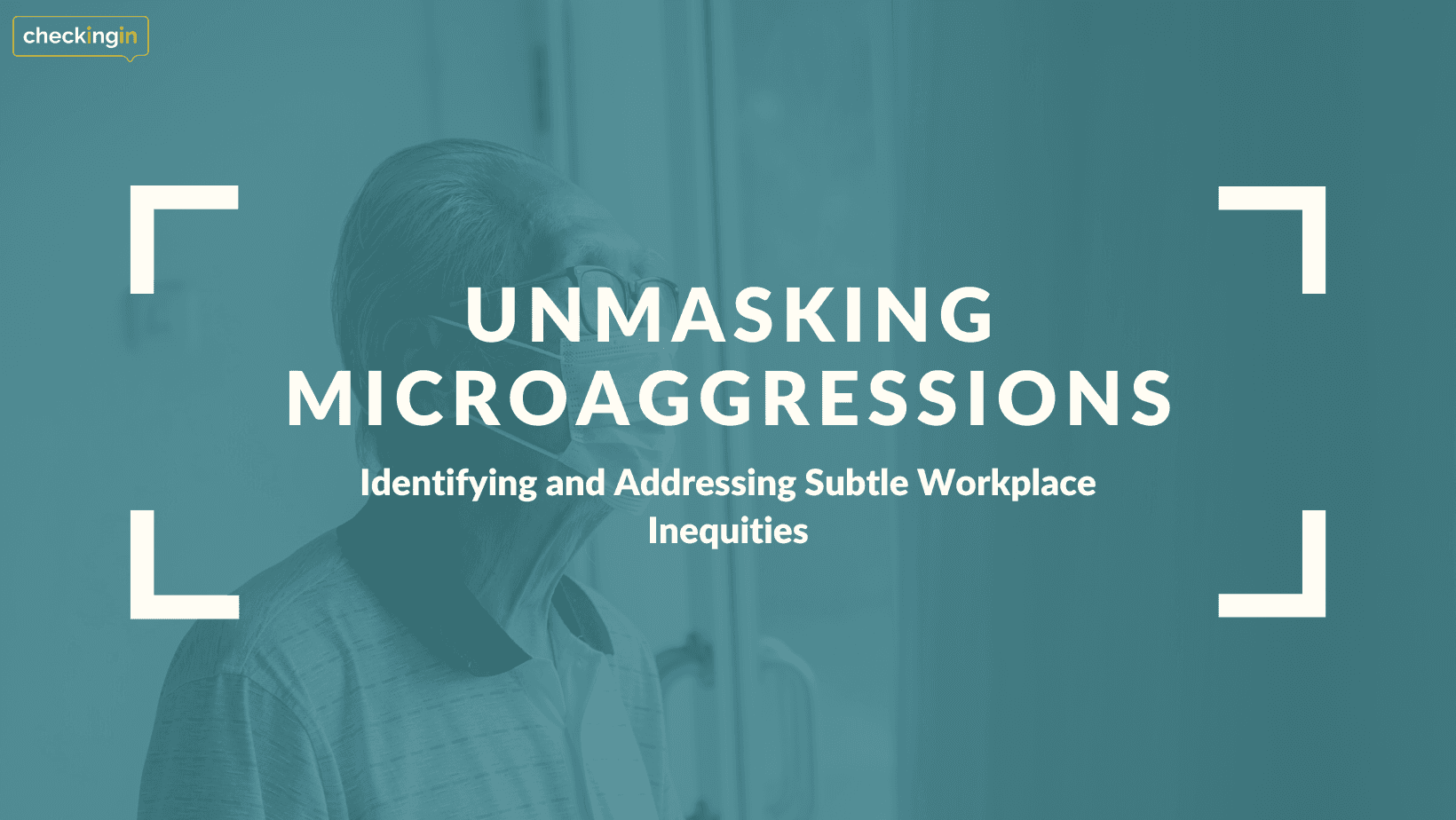Revolutionizing Mental Health In The Workplace: The Role Of Gen Z Employees
May 12, 2023by Carissa Harrison in Workplace Wellbeing
The stigma around mental health remains one of the greatest barriers to creating psychologically safe environments. With the rise of Gen Z employees and workplace expectations, companies can make strides in reducing mental health stigma in the workplace.
Who are Gen Z employees?
Gen Z refers to individuals born between the mid-'90s and the mid-2000s. They are the youngest generation in the workforce and are known for their progressive and inclusive attitudes. Gen Z employees value diversity, equity, and inclusion and are more likely to speak out against discrimination and stigma.
How can hiring Gen Z employees reduce mental health stigma?
Gen Z employees prioritize mental health
This is a unique strength we often see underdeveloped in other generations. Gen Z employees are more likely to speak out about their mental health struggles and advocate for policies that support mental health. By hiring Gen Z employees, companies can create a culture that prioritizes mental health and wellness, reducing the stigma surrounding mental illness.
They are more accepting of differences
Gen Z employees are more accepting of differences in race, gender, sexual orientation, and mental health. They grew up during a time in society where these issues have been a large point of discussion. By hiring Gen Z employees, companies can create a more inclusive and accepting work environment where employees feel comfortable discussing their mental health struggles without fear of judgment or discrimination.
Gen Z employees are tech-savvy
Gen Z employees are the first generation to grow up with technology. They are comfortable using digital tools to communicate and seek help. They have grown up with a plethora of mental health resources that have taught them to live a wellness-first lifestyle. By working with Gen Z to better utilize these tools, companies can support mental health and reduce the stigma surrounding mental illness.
They are more vocal
Gen Z employees are more likely to speak out against discrimination and stigma. By hiring Gen Z employees, companies can create a culture where employees feel empowered to speak out about their mental health struggles and advocate for policies that support mental health.
All in all, Gen Z employees can bring a fresh perspective to your workplace. With the combined expertise of Gen X, Millenials, and Gen Z employees, you will have an extremely well-rounded team. By creating a culture that prioritizes mental health and wellness, companies can create a more inclusive and accepting work environment where employees feel comfortable discussing their mental health struggles without fear of judgment or discrimination.

